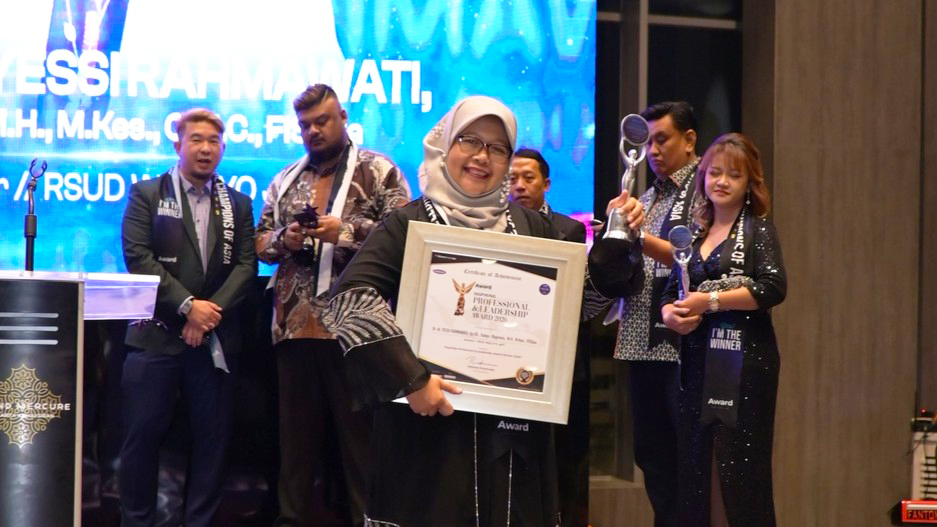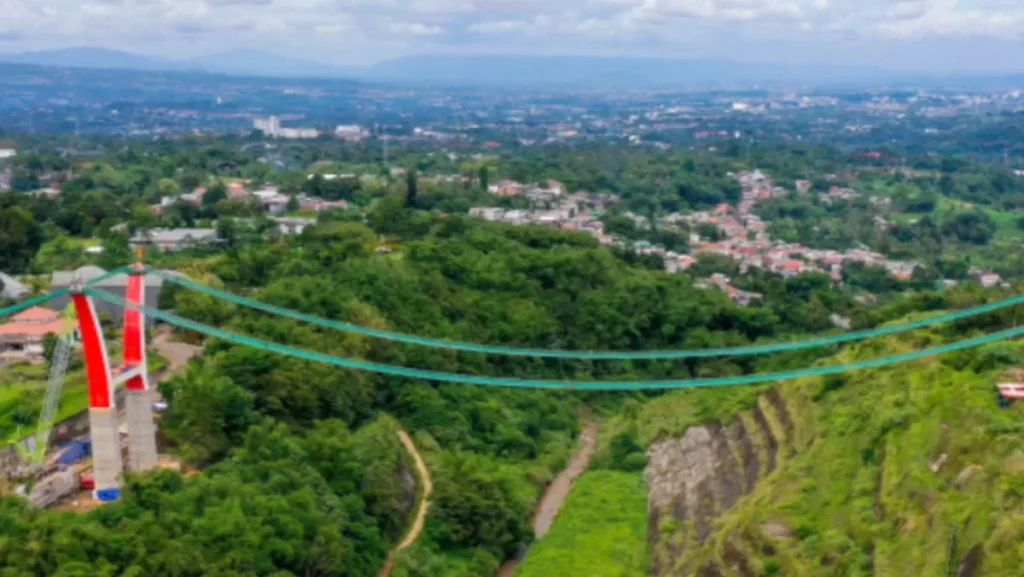Jakarta – Indonesian conglomerate Sinar Mas has joined forces with the Philippines’ First Gen Corp. to launch one of the region’s most ambitious geothermal initiatives. The two companies announced a partnership to build six geothermal power plants across Indonesia with a total capacity of 440 megawatts.
The projects, estimated to cost about $2.2 billion, will require roughly $500 million for every 100 megawatts of installed capacity. The figure includes the costs of drilling, subsurface development, and construction of the geothermal plants, according to a source familiar with the deal.
Through the partnership, Sinar Mas unit PT DSSR Daya Mas Sakti and PT First Gen Geothermal Indonesia will jointly pursue developments in six strategic locations: West Java, Flores, Jambi, West Sumatra, and Central Sulawesi. These areas are considered among Indonesia’s most promising geothermal reserves.
Indonesia accounts for nearly 40 percent of the world’s geothermal potential but has tapped only around 10 percent of its reserves to date. The projects are expected to play a key role in Indonesia’s transition toward clean energy and its broader climate commitments.
“Our goal is to strengthen national capacity in geothermal development and to fully harness the country’s natural potential for clean energy,” said DSSR President Daya Mas Sakti Lokita Prasetya in a joint statement.
First Gen, led by Philippine billionaire Federico Lopez, brings extensive experience to the collaboration. Its unit, Energy Development Corp. (EDC), already operates 13 integrated geothermal stations across the Philippines, with a combined capacity of 1,189 megawatts. The company will spearhead the geothermal rollout in Indonesia under the new venture.
The partnership reflects the growing alignment between major Southeast Asian conglomerates in addressing the urgent need for renewable energy investments. With Indonesia seeking to expand clean power infrastructure and reduce reliance on fossil fuels, the joint venture underscores how cross-border corporate collaborations are driving the region’s green energy agenda.






